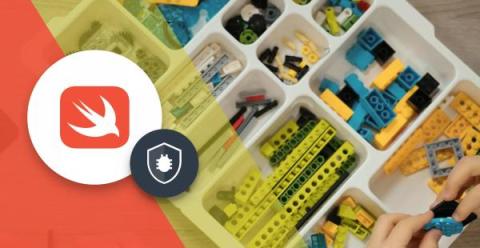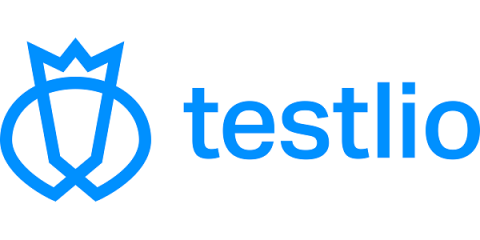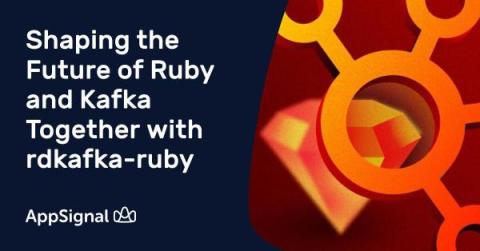It's Midnight. Do You Know Which AI/ML Uses Cases Are Producing ROI?
In one of our recent blog posts, about six key predictions for Enterprise AI in 2024, we noted that while businesses will know which use cases they want to test, they likely won’t know which ones will deliver ROI against their AI and ML investments. That’s problematic, because in our first survey this year, we found that 57% of respondents’ boards expect a double-digit increase in revenue from AI/ML investments in the coming fiscal year, while 37% expect a single-digit increase.











